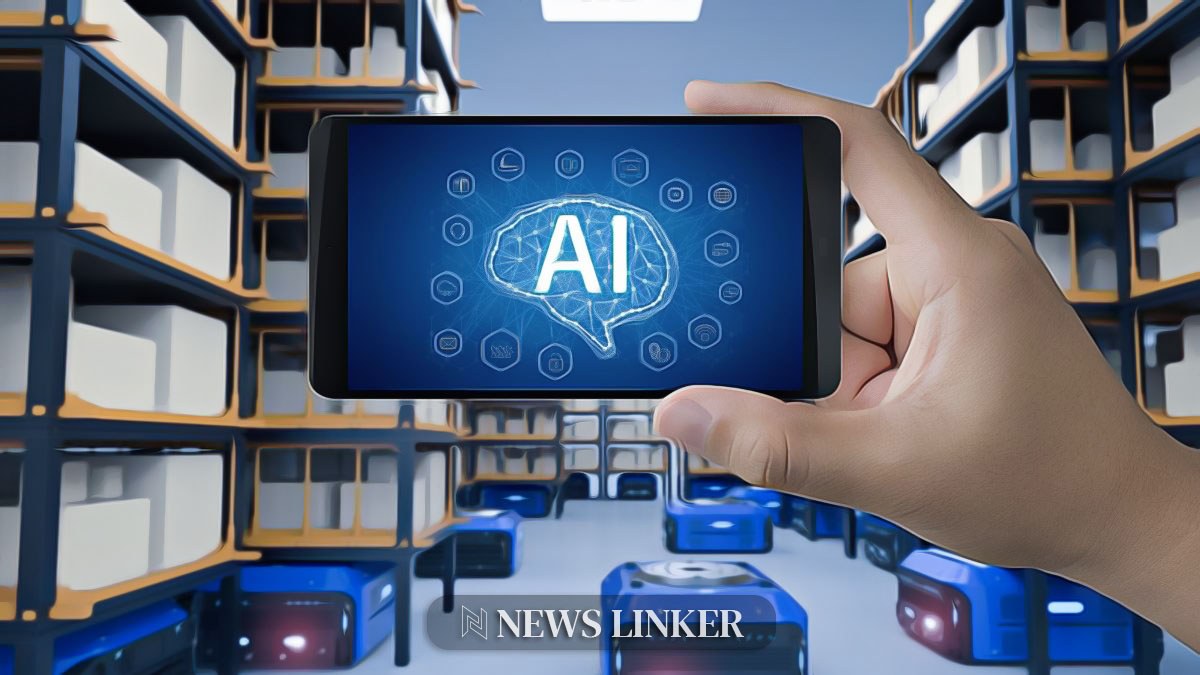The stage is set for a transformative moment in the world of artificial intelligence (AI). Recent reports suggest that the Biden Administration is on the cusp of announcing an executive order that could reshape the way the U.S. handles this groundbreaking technology.
A Regulatory Framework Emerges
The White House’s move is expected to bring a series of regulatory checks before AI models can be adopted by federal agencies. This is not a simple rubber stamp. These assessments are seen as a way to ensure the safety and reliability of AI tools before they find their way into critical government functions. The primary focus, it seems, is on strengthening the nation’s cyber defenses. In the modern era, with threats more digital than ever, the emphasis on cybersecurity is hardly surprising.
Moreover, the move isn’t just about regulation; it’s also about talent. Reports suggest that the executive order may ease the immigration process for highly skilled tech workers. Given the global race for AI dominance, this could be a strategic move to attract top minds from around the world to American shores.
Global Perspectives and Concerns
While the U.S. gears up for its AI regulatory push, European officials aren’t far behind. A comprehensive AI regulatory package is expected from the European Union by year’s end. The harmonizing efforts between major players in the global tech arena highlight the universal concerns surrounding AI.
These concerns are not unwarranted. The rise of generative AI tools, capable of producing realistic images, texts, and even voice clones, has led to worries about their misuse. Issues range from the spread of misinformation to potential job losses in fields like design and content creation.
A Buzzing Tech Landscape
One cannot discuss the impact of AI without mentioning its advancements. In the past couple of years, AI tools, like OpenAI’s ChatGPT and Google’s Bard, have made significant strides. These tools can generate highly realistic content, raising questions about their potential misuse in spreading propaganda or misinformation.
Similarly, the success of AI tools has created concerns about their impact on job markets. With AI now able to produce content, from images to articles, the traditional roles of artists, writers, and developers could be at risk.
Setting the Stage for Further Discussion
To underscore the significance of this executive order, a White House event titled “Safe, Secure, and Trustworthy Artificial Intelligence” is on the horizon. Hosted by President Biden, this gathering could be a pivotal moment in the AI discussion.
It’s evident that AI is not just a technological issue but a societal one. As the world waits for the Biden administration’s official stance, one thing is clear: AI is here to stay, and the rules of its engagement are still being written.










